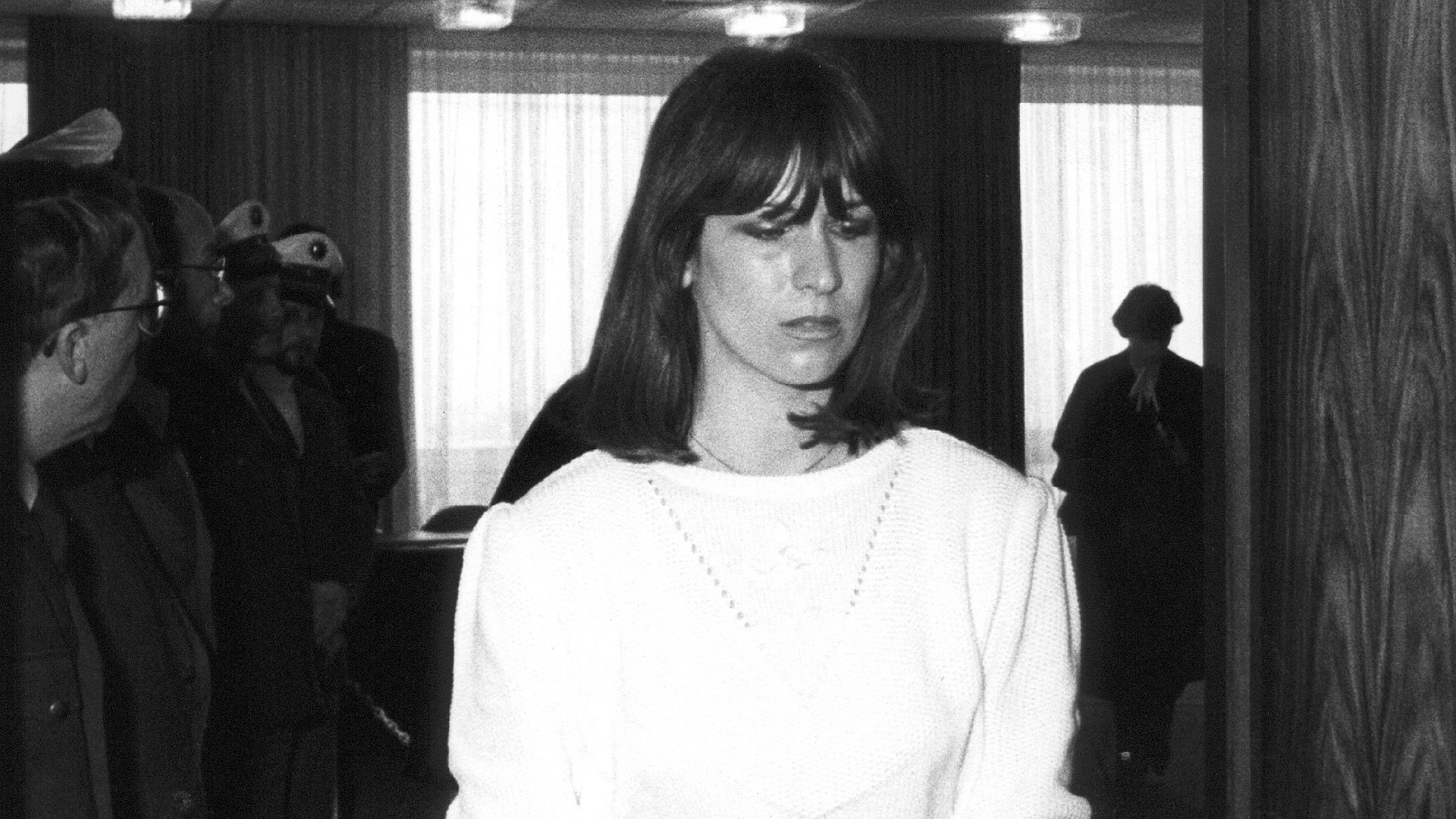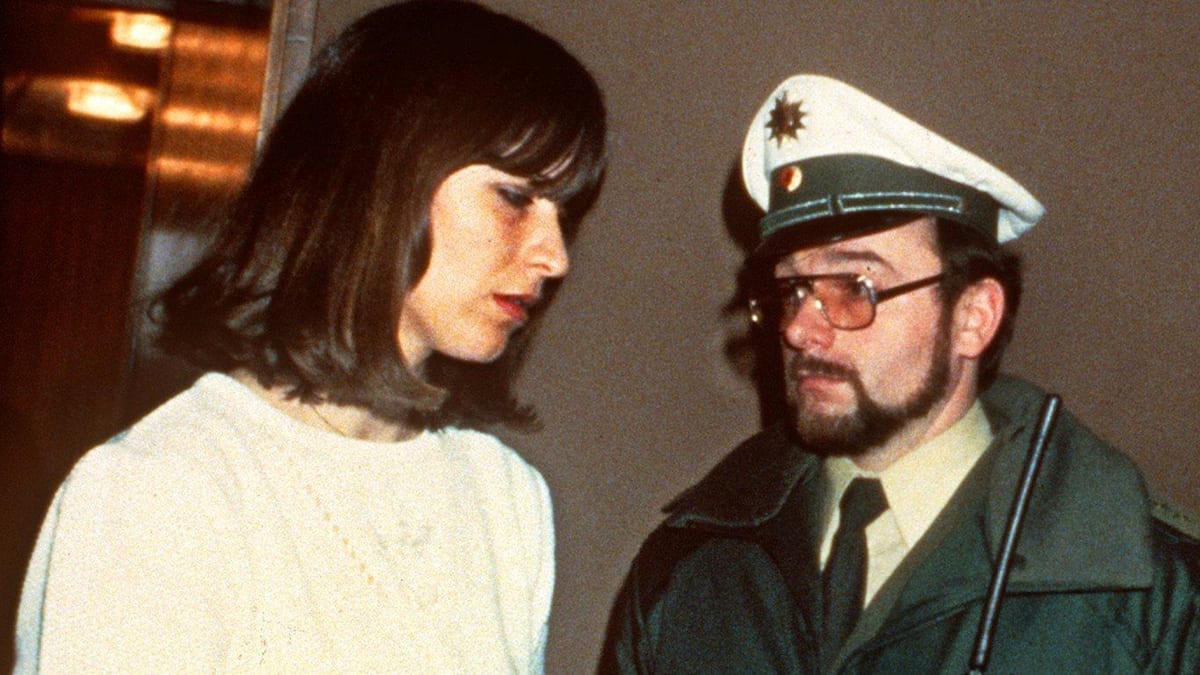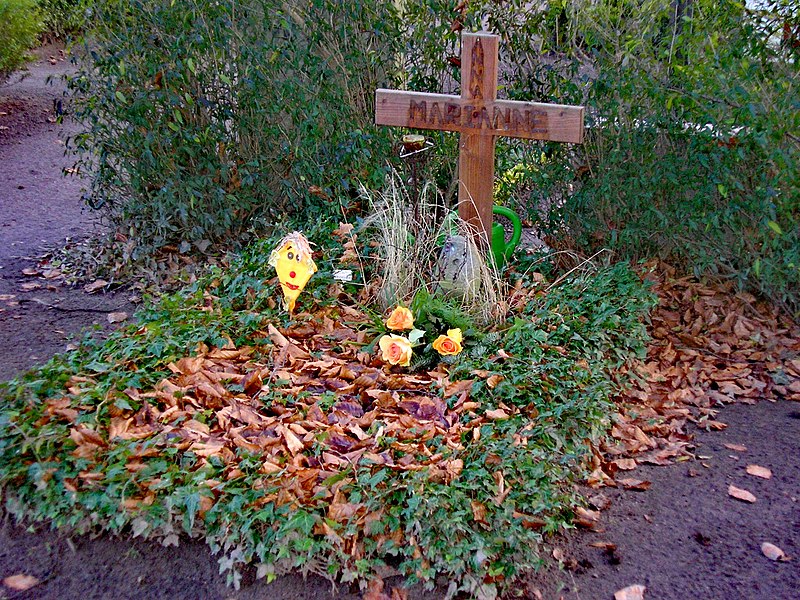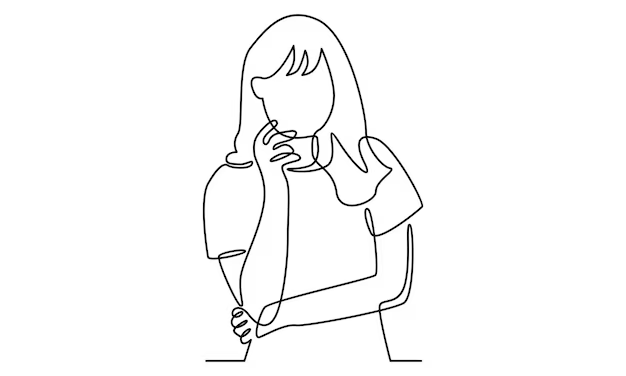On March 6, 1981, a woman named Marianne Bachmeier walked into a courtroom in Lübeck, Germany, carrying more than just heartbreak—she carried a loaded pistol and a purpose.
Inside that courtroom sat Klaus Grabowski, a 35-year-old sex offender on trial for the horrific kidnapping and murder of Marianne’s 7-year-old daughter, Anna. As the trial was underway, Marianne suddenly pulled the gun from her purse and fired seven shots, k$$$ Grabowski on the spot. He never saw it coming.
The courtroom fell into chaos. Marianne was immediately arrested, but she didn’t show an ounce of regret.

What Marianne did that day sent shockwaves across the country—and decades later, people are still divided. To some, she crossed a line and became a criminal. To others, she was a broken mother pushed beyond her limits, acting out of unbearable grief.
Everything changed for Marianne on May 5, 1980—the day her daughter Anna vanished. At the time, Marianne was doing her best to raise her child alone, managing a small pub in northern Germany just to get by. Life was far from perfect, but it was stable. Then, in a moment, that fragile normalcy shattered. What followed wasn’t just personal tragedy—it was a chain of events that would lead to a shocking act in a courtroom and leave an entire country stunned.
Marianne’s childhood was anything but easy. Her early years were shaped by trauma and instability. Her father had served in the Waffen-SS, one of the most feared and infamous groups during Nazi Germany’s reign—a legacy that carried its own weight and stigma.
Marianne’s early life was marked by deep trauma. She experienced repeated abuse from different men during her childhood—leaving emotional scars that would follow her for years. At just 16, she became pregnant for the first time. Still a teenager with no support, she made the painful choice to place her baby for adoption. Two years later, at 18, she found herself in the same situation—pregnant again and once more turning to adoption, knowing she couldn’t give her child the life they needed.

In 1973, Marianne became a mother for the third time—this time to a baby girl named Anna. Still on her own, she chose to raise Anna by herself, determined to give her daughter the love and care she never had.
By all accounts, Anna was a cheerful, curious, and open-hearted little girl. But the joy she brought into Marianne’s life would be cut tragically short. A devastating event was just around the corner—one that would tear their world apart.

At the time, Klaus Grabowski was no stranger to the law—he was already a convicted sex offender, having served time for assaulting two young girls.
Back in 1976, while in prison, he underwent voluntary castration. But two years later, he started hormone treatments to reverse it, hoping to have a normal relationship with his fiancée.
When arrested for Anna’s murder, Grabowski confessed to killing her but denied any sexual abuse. During his trial, he went further—claiming that Anna had tried to seduce and blackmail him. He even blamed her for his crime, saying she threatened to expose him unless he paid her money. The court didn’t buy his twisted story.

But Marianne, Anna’s mother, was driven to the edge by his lies and cold-hearted denial. On the third day of the trial—March 6, 1981—she snapped.
Somehow, Marianne managed to sneak a gun into the courtroom, evading security. As soon as she entered, she pulled the loaded Beretta M1934 from her handbag, aimed at Grabowski, and fired. Seven out of eight bullets hit their target, and Grabowski collapsed, dying instantly.
After the shots, Marianne dropped the gun and declared loudly, “He killed my daughter… I wanted to shoot him in the face, but I shot him in the back… I hope he’s dead.”
Two police officers at the scene said she also called Grabowski a “pig” before the shooting. She was arrested on the spot and charged with murder.
At her trial the following year, Marianne said she fired the gun in a kind of dreamlike state, imagining her daughter’s pain. But experts testified that handling the gun so precisely showed she must have planned the shooting in advance.
Her case shocked the nation—and the debate over whether she was a grieving mother or a criminal continues to this day.

After the shooting, doctors examined Marianne and asked her to provide a handwriting sample. In response, she wrote a simple, heartbreaking message: “I did it for you, Anna.” She even drew seven little hearts alongside the note—one for each year of her daughter’s short life.
If found guilty, Marianne faced the possibility of spending the rest of her life in prison.
Her act of vigilante justice quickly became a media sensation—not just in Germany, but around the world. The press gave her the nickname “Revenge mom,” and many people believed she deserved to be acquitted.
Despite taking the law into her own hands, Marianne won widespread sympathy. People saw her as a grieving mother who had finally found a way to fight back after the unimaginable loss of her beloved daughter.
At first, the media painted Marianne as a grieving saint, a mother driven to desperate measures. But as reporters dug deeper, her past began to surface—and the image started to crack. It came out that she had given up her first two children for adoption, and spent a lot of time at the bar she ran. These details complicated the public’s view of her, making some question just how selfless and devoted she really was.
In 1983, Marianne was found guilty of premeditated manslaughter and illegal possession of a firearm. She was sentenced to six years in prison but ended up serving only three.
Her sentence split public opinion. A survey by the Allensbach Institute showed about 28% thought the punishment fit the crime, 27% believed it was too harsh, and 25% felt it was too lenient.
After serving her time, Marianne left Germany. She moved to Nigeria, where she married a German teacher. The marriage didn’t last—by 1990, she was divorced and had relocated again, this time to Sicily, Italy


In a 1995 interview with the German TV channel Das Erste, Marianne admitted she had carefully thought through her decision to shoot Grabowski—to stop him from spreading more lies about her daughter Anna.
On September 17, 1996, Marianne passed away in a hospital in Lübeck. She had hoped to spend her final days back in her home in Sicily, but sadly, she never made it there. She was laid to rest beside her beloved daughter in a cemetery in Lübeck.
Marianne’s story—and her act of vigilante justice—still sparks debate today. Many people stood by her, seeing her actions as a justified punishment for a man who had repeatedly abused children. Others believe she crossed a line and that justice should have been left to the courts.
What do you think? Feel free to share your thoughts with us in the comments on Facebook.

